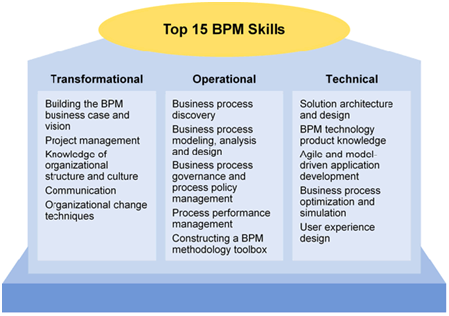For decades, the question that has been observed to be top of mind for many executives is “How should we be organized to be able to achieve our strategic objectives?”
Perhaps that explains why leaders select reorganization or restructuring as the single most frequently practiced method of change management. To test this out, simply ask yourself how often your company has modified the organization chart in the top two to three levels during the past three years? If you answered less than three times, you are probably in the minority.

























